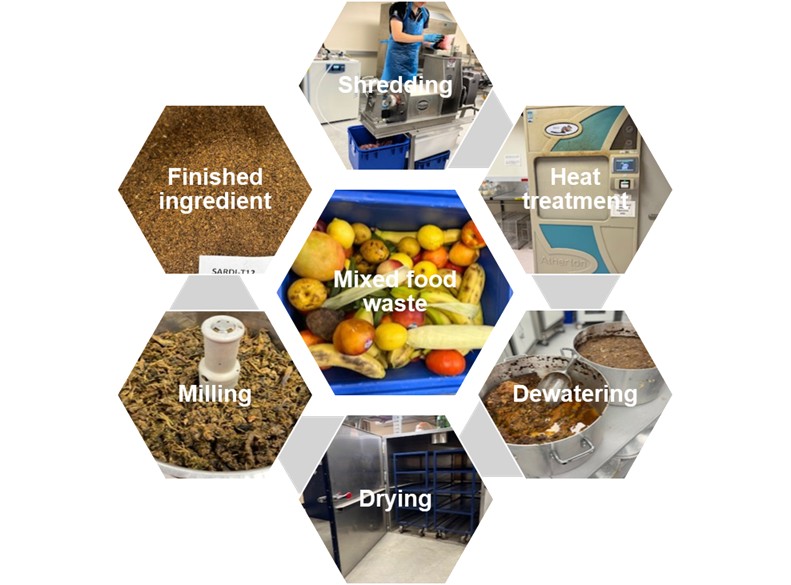APRIL supported project (5A – 113)
Title: Brain Measures of Positive Welfare in Pigs
Lead Researcher: Professor Alan Tilbrook (University of Queensland)

Although we may generally know if a pig is feeling happy, stressed or bored through behavioural indicators, it can be challenging to measure these responses accurately when conducting research on emotional states. In this pilot study, researchers wanted to work out if the emotional state of a pig, both long term and short term positive and negative experiences, could be measured using different biological markers (Biomarkers).
What were the Biomarkers tested?
- Cortisol, a hormone commonly released in mammalian stress response.
- The NEAT1 gene, which may play a role in how the brain responds to a negative stress or positive stimulation.
- Mid Infrared Spectroscopy (MIR) to measure chemical changes in the brain.
Research Question: Can any of these biomarkers (cortisol, NEAT1 or MIR) identify whether pigs experience positive, negative or neutral emotional states and therefore can the biomarkers be used to assess the quality of life in pigs?
What did they do:
The pigs were split into one of three treatment groups for over four weeks:
- Neutral Group: Standard on farm conditions.
- Positive Group: Lots of positive handling and high-quality enrichment materials (greater than standard conditions).
- Negative Group: Regularly moved and mixed with unfamillar pigs to trigger a mild stress response.
At the end of four weeks, 36 pigs from each group were selected for futher assessment. Half of the selected group were briefly restrained with a snout snare to stimulate a short term stress, while the other half were left undisturbed. Saliva, blood plasma and brain tissue of subjects were collected to look for biological differences of both the long term and short term emotional conditions.
Snapshot of Key Findings:
For pigs that experienced a short-term stress event (snout snare restraint), the level of NEAT1 gene in the saliva was lower, and the level of cortisol was higher. However, the presence of this NEAT1 gene did not differ much between pigs housed in either neutral, positive or disruptive environmental conditions.
In fact, non of the bio-markers: cortisol, NEAT1 or MIR could succesfully detect long term emotional states between treatment groups in this pilot study.
Notably, pigs in the disruptive/negative environment grew slower than pigs in positive or neutral environments.
Relevance to Industry:
While more research is needed in this area, the outcomes suggest the NEAT1 gene could become a useful, non-invasive biomarker for measuring acute stress in pigs through saliva sampling. With ongoing research into this area, it is hoped industry will one day gain a clearer, more objective measure of detecting emotional states of pigs for future.


